In a recent webinar presented by our partner, Ruotolo Associates (“Foresight 2021: Leveraging Lessons Learned”), they discussed lessons learned regarding philanthropic giving during this past year of the pandemic. In their presentation, I found an interesting idea that poked at my thoughts and led me to a different take on how we sometimes approach planning. And better yet, how a change in perspective could bring about a potentially better result.
We often hear and even use the comparison that strategic planning is like using a roadmap that will lead us to the vision we wish to achieve. Like a roadmap, the plan has a starting point and provides a route or multiple potential options of moving toward our vision, which is our end point. Nice and easy.
As we set out using the map, the path is clearly established. Maybe it’s well-worn from those who have gone before us; perhaps it’s new and possibly exciting. There are a variety of opportunities – things to see and consider, perhaps a side trip to look at something new, but usually not too far off the established route. Usually the challenges on the road – detours, potholes, and delays – are presented to us early on, especially if we have our GPS activated. Even with these challenges, we are usually able to anticipate them, choose a different proscribed route, and see other paths that we could consider on our roadmap.
But what if planning were more like a trek using a compass rather than the proscribed routes presented to us on a roadmap? What if we were to approach planning with a “direction” we would like to go, a vision that sets a big, bold future for our schools and parishes that is not always well-defined and easy to find on a map? What if we have the big picture and then use the compass to find our way? It would certainly be more challenging. We can’t always see or even find the “right” path, and we may not be able to anticipate the potholes, detours, and other challenges that may arise. Yet, what we may gain is a new level of innovation, flexibility, adaptation, resilience, and an openness to the yet undiscovered.
Interestingly enough, both approaches to planning can work, using a map or a compass in looking to the future. The questions are what are we looking for, are we open to the unanticipated and undiscovered, and will we truly enjoy the journey to what we want to be? Jack Dixon, the Welsh rugby player has an interesting quote: “If you focus on results, you will not change. If you focus on change, you will get results.” Sounds like a compass kind of guy with an interesting perspective that can apply well to how we undertake planning with our Catholic schools and parishes.


